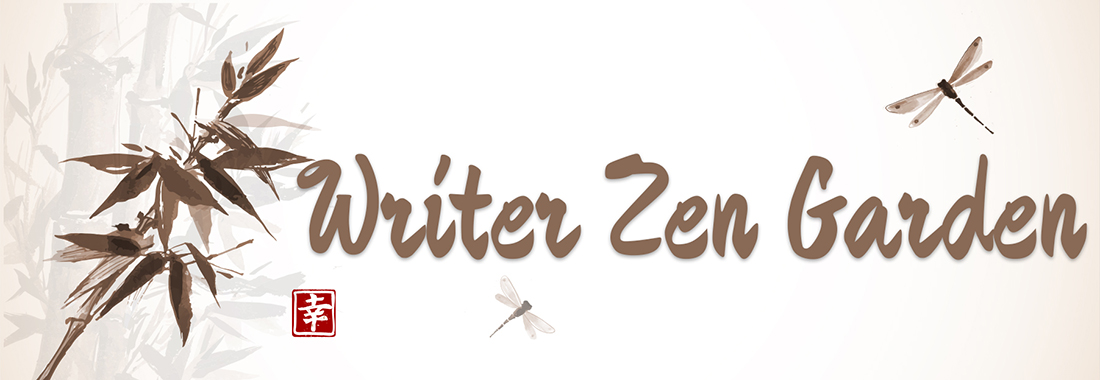Wiley Wednesday: Change, Cheese, and Conflict
I’ve had the opportunity lately to come face-to-face with the Chinese symbol of opportunity = danger. In their written language, the symbol representing opportunity is the same as that for danger. The reasons are clear, but the emotional reality is something different – more gritty when we’re face-down in it, rather than when we’re observing it from outside.
What’s this got to do with writing?
Everything, and nothing.
Typical Zen answer.
Let’s explore why: some say that “Change is Constant.” A constant, we know from physics and chemistry, is something that doesn’t change, the thing in the equation we can depend on when we tinker with other elements in an experiment. So, change is constant. What does that mean to us mere humans as we attempt to live out our lives in perforce linear fashion, unable to teseract, as cats can? (No, really, cats can teseract – haven’t you ever seen your cat in a room when you swore he was in the room you just left? I rest my case…) What it means for us is that as we live, there are things outside our control that affect us – our jobs, our homes, our loved ones, and a host of other uncontrollable external events and influences.
As we write, we learn to record what we see. Even fiction storytellers use the fodder from their daily round in their stories – else how could they create plausible characters that become, for the reader, real people? Change is constant, and change causes conflict – and conflict is what makes a good Story. Watching the change in our own lives can help us to create plausible change, and thus conflict, for our characters.
There’s a popular management and business book called Who Moved My Cheese? (It’s even got its own website.) Personally, I hate the book, because I find it preachy and sanctimonious in tone. Its message, though, that change is constant and that learning how to navigate it can make us more versatile and agile in our work lives, is useful. Understanding the flows and ebbs of the world we’re in helps us to avoid the snags and pitfalls that inevitably come along or, if unavoidable, to handle them with grace, dignity, and professionalism. (And, truthfully, it’s not a bad idea to be familiar with the concepts in the book since many management folks are and it’ll give you a common language with them.)
This can help our writing as well. Understanding that there are immutable currents in which your characters must swim can give your stories life. For example, if you are a cubicle submariner, then you understand the dehumanization that happens in cubicle farms. This can be applied in all sorts of venues in Story – from the workers in a Babylonian stable, to farm hands in the Old West, to the crew of a spaceship lightyears from civilization. The strange behaviors that crop up in such environments as compensation for their foreignness are sometimes funny, sometimes poignant, but can always lend veracity to our stories.
And finally, we come to conflict. Is it inevitable? That’s a question for philosophers. In my experience, though, conflict – true, unavoidable rock-meets-hard-spot conflict – can sometimes be avoided, but not always. The trick is in recognizing when one cannot change the situation that caused the conflict, and to know when to back out and when to confront. Sun Tzu, the famous Chinese war scholar, said “Victorious warriors win first and then go to war, while defeated warriors go to war first and then seek to win.” In chess, the way to win is to play several moves out ahead of your opponent. And sometimes, the way to win, as in the movie Wargames, is not to play.
All that said, conflict is what makes a story. After all, what would Romeo and Juliet be without the feud between the Capulets and the Montagues? Just another tale of two teenagers in love, they kiss, they break up, they Twitter about it, c’est fini. Instead, it takes on a family war of epic proportions and the two lovers are doomed – as are their families, until the deaths of the lovers ends the feud… Same goes for Hamlet. What would Hamlet be if his stepfather were a stand-up man? Conflict is what draws us. Look at all the reality TV shows, the talk shows, talk radio, newspapers, etc. After all, it would be a very boring news story to say “Diane woke up on Wednesday morning, took the train to work, and made her morning audit numbers.” We’d be left wondering why we should care about Diane. But if it becomes, “Diane took the train and saw a strange man watching her, one eye covered by a patch. At lunch, she saw him again from the window of the restaurant where she ate lunch with her colleagues. Did he follow her? Was he related to her lover’s wife? He looked a little like he could be her brother…” And voila, Story is born.
If truth is stranger than fiction, then we benefit by watching for Truth in our daily round and reporting what we see.
Changing names, of course, to protect the innocent.

Thank you for this thoughtful post! So much to consider…